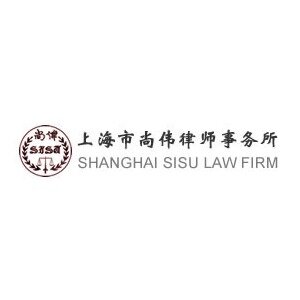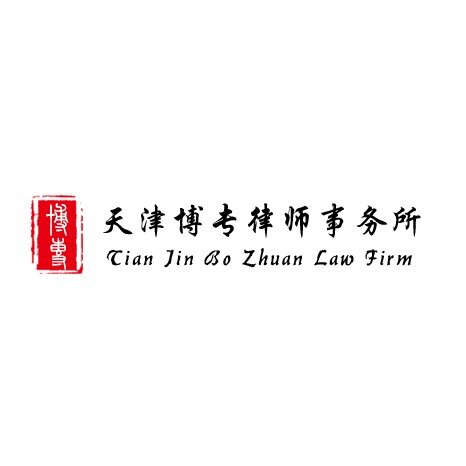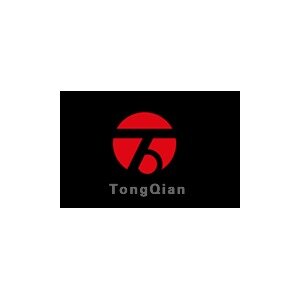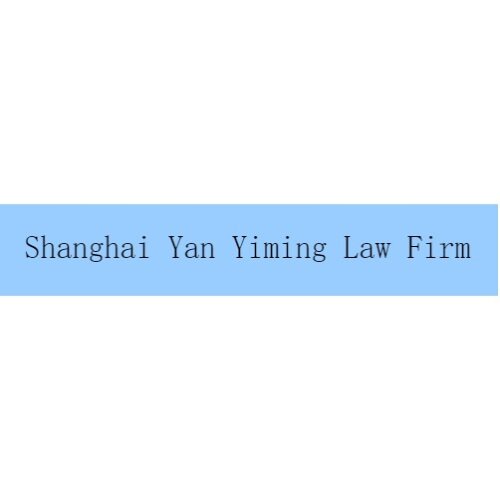Best Renewable & Alternative Energy Lawyers in China
Share your needs with us, get contacted by law firms.
Free. Takes 2 min.
Or refine your search by selecting a city:
List of the best lawyers in China
About Renewable & Alternative Energy Law in China
Renewable and alternative energy has become a major priority in China as the country seeks to address environmental challenges, promote sustainable development, and reduce its reliance on fossil fuels. The Chinese government has introduced a comprehensive framework of laws, regulations, and policies to encourage the development, production, and use of clean energy sources such as solar, wind, hydropower, biomass, and geothermal energy. These legal measures are designed to support the country’s ambitious goals for energy transformation and emissions reduction while fostering technological innovation and investment in the sector.
Why You May Need a Lawyer
Legal assistance is often crucial for individuals, companies, or investors involved in renewable and alternative energy in China. Here are some common situations where a lawyer’s guidance can be invaluable:
- Setting up a renewable energy project, including site acquisition, construction permits, and regulatory approvals
- Drafting or reviewing investment agreements, joint ventures, or partnerships with local entities
- Understanding and securing incentives, subsidies, feed-in tariffs, or government grants
- Ensuring compliance with complex environmental, safety, and energy-related regulations
- Resolving disputes with contractors, suppliers, partners, or government bureaus
- Protecting intellectual property rights and navigating technology licensing issues
- Navigating import and export requirements for renewable energy equipment
- Participating in public or private tenders for renewable energy projects
- Addressing land use, zoning, and grid connection challenges
- Responding to administrative enforcement or investigations related to environmental or energy laws
Local Laws Overview
China’s legal landscape for renewable and alternative energy is shaped by a variety of national laws, local regulations, and policy directives. Key aspects include:
- Renewable Energy Law of the PRC: The foundational law establishing government support for renewable energy development, including mandatory grid connection and purchase policies, and financial incentives.
- Feed-in Tariffs: Special tariffs guarantee purchase prices for renewable electricity, providing income certainty to energy producers.
- Project Approvals: New projects generally require multiple approvals including environmental impact assessments, construction permits, and grid connection agreements.
- Local Implementation Rules: Provincial and municipal regulations may impose additional standards, incentives, or restrictions based on local energy priorities.
- Foreign Investment Rules: While some restrictions have been relaxed, foreign entities may still face regulatory hurdles or limits in certain sub-sectors.
- Carbon Trading and Emissions Reduction: National and regional programs affect renewable energy projects, particularly related to carbon credits and emissions trading.
- Grid Connection: State-owned grid operators must provide access but bottlenecks and curtailment remain challenges in some regions.
- Technology Standards and Certification: Products and installations must meet national safety, quality, and performance standards.
Frequently Asked Questions
What types of renewable energy are most widely used in China?
The most common types are hydropower, wind power, solar energy, and biomass. China leads the world in installed capacity for both wind and solar power.
Can foreign companies invest in China’s renewable energy sector?
Yes, foreign investment is encouraged in most areas, though some sub-sectors or locations may have restrictions or require special permits. Joint ventures with local entities are common.
How does the government support renewable energy projects?
Through financial incentives such as feed-in tariffs, subsidies, tax breaks, and special financing arrangements. Some local governments also provide land discounts or R and D support.
What approvals are needed to launch a renewable energy project?
Key permits include project filing or approval with local authorities, environmental impact assessment, construction permit, and grid connection agreement.
Is environmental assessment mandatory for new energy projects?
Yes, environmental impact assessments are mandatory for most new projects and must be approved by relevant government departments before construction can begin.
What is the process for connecting a renewable energy project to the grid?
Developers must obtain grid connection approval from the local grid company, install required technical equipment, and sign a purchase agreement before supplying energy.
Are there penalties for non-compliance with renewable energy regulations?
Yes, violations can result in administrative fines, suspension of operations, withdrawal of permits, or, in serious cases, criminal liability.
How are disputes in renewable energy projects resolved?
Disputes may be settled through negotiation, arbitration, or litigation in Chinese courts, depending on the terms of the contract and parties involved.
What intellectual property issues arise in renewable energy?
Developers must protect patents, copyrights, and trade secrets, especially when transferring technology or using foreign technologies in China. Consulting an IP lawyer is advised.
Are there government organizations that oversee renewable energy development?
Yes, the National Energy Administration and the Ministry of Ecology and Environment are primary regulators. Local development and reform commissions also play important roles.
Additional Resources
If you need more information on renewable and alternative energy law in China, consider reaching out to the following:
- National Energy Administration - for policy updates and regulatory guidance
- Ministry of Ecology and Environment - for environmental regulations and impact assessment requirements
- Provincial and municipal Development and Reform Commissions - for local implementation rules and project approvals
- China Renewable Energy Society - for industry events and technical resources
- Chambers of Commerce and Trade Associations - for networking and partnership opportunities
- Local law firms specializing in energy and environmental law
Next Steps
If you are considering involvement in the renewable or alternative energy sector in China and need legal advice, the following steps can help you get started:
- Clarify your project or legal issue and gather all relevant documentation
- Consult with a lawyer who has experience in energy and environmental law, preferably with knowledge of local requirements
- Prepare specific questions or goals to discuss with your legal advisor
- Review any contracts or regulatory documents with your lawyer before signing or committing
- Stay updated on new regulations and government policies affecting renewable energy
- Engage with relevant industry groups or government bodies for the latest information and opportunities
Obtaining specialized legal advice early in your project can help prevent costly mistakes, ensure compliance, and support a successful renewable energy venture in China.
Lawzana helps you find the best lawyers and law firms in China through a curated and pre-screened list of qualified legal professionals. Our platform offers rankings and detailed profiles of attorneys and law firms, allowing you to compare based on practice areas, including Renewable & Alternative Energy, experience, and client feedback.
Each profile includes a description of the firm's areas of practice, client reviews, team members and partners, year of establishment, spoken languages, office locations, contact information, social media presence, and any published articles or resources. Most firms on our platform speak English and are experienced in both local and international legal matters.
Get a quote from top-rated law firms in China — quickly, securely, and without unnecessary hassle.
Disclaimer:
The information provided on this page is for general informational purposes only and does not constitute legal advice. While we strive to ensure the accuracy and relevance of the content, legal information may change over time, and interpretations of the law can vary. You should always consult with a qualified legal professional for advice specific to your situation.
We disclaim all liability for actions taken or not taken based on the content of this page. If you believe any information is incorrect or outdated, please contact us, and we will review and update it where appropriate.
Browse renewable & alternative energy law firms by city in China
Refine your search by selecting a city.
















